Epoch Calendar 2025: A Comprehensive Guide To The Future Of Timekeeping
Epoch Calendar 2025: A Comprehensive Guide to the Future of Timekeeping
Related Articles: Epoch Calendar 2025: A Comprehensive Guide to the Future of Timekeeping
- Printable Calendar 2025: Free July PDF
- March 2025 Calendar United States
- 2025 Monthly US Holidays Calendar
- 2025 Calendar: A Comprehensive Guide
- 2025 Holidays Calendar: A Comprehensive Guide To National, Religious, And Observance Holidays
Introduction
With enthusiasm, let’s navigate through the intriguing topic related to Epoch Calendar 2025: A Comprehensive Guide to the Future of Timekeeping. Let’s weave interesting information and offer fresh perspectives to the readers.
Table of Content
Video about Epoch Calendar 2025: A Comprehensive Guide to the Future of Timekeeping
Epoch Calendar 2025: A Comprehensive Guide to the Future of Timekeeping
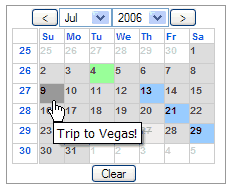
Introduction
Time is a fundamental aspect of human existence, shaping our daily lives and influencing our perception of the world. Throughout history, various calendars have been developed to measure and organize time, each with its own unique set of rules and conventions. However, the traditional Gregorian calendar, which has been widely adopted for centuries, has certain limitations that have prompted the creation of alternative timekeeping systems. One such system is the Epoch Calendar, which is designed to provide a more accurate and intuitive representation of time.
The Concept of Epoch
At its core, the Epoch Calendar is based on the concept of an epoch, which is a fixed point in time from which all other dates are calculated. In the Epoch Calendar, the epoch is set to January 1, 1970, at 00:00:00 Coordinated Universal Time (UTC). This date was chosen as it marks the beginning of the Unix time, which is widely used in computer systems and networks.
Structure of the Epoch Calendar
The Epoch Calendar is a linear calendar, meaning that it progresses in a continuous and uniform manner. It is divided into years, months, weeks, and days, similar to the Gregorian calendar. However, there are some key differences in the structure of the Epoch Calendar.
Years
In the Epoch Calendar, a year consists of 365 days, with no leap years. This simplifies the calendar and eliminates the need for complex rules to determine leap years.
Months
The Epoch Calendar divides the year into 12 equal months, each consisting of 30 days. This creates a consistent and symmetrical month structure, making it easier to track and compare dates.
Weeks
The Epoch Calendar retains the concept of weeks, with each week consisting of 7 days. However, the weeks are not aligned with the months, as they are in the Gregorian calendar. Instead, the weeks begin on Mondays and end on Sundays, providing a consistent weekly structure.
Days
Each day in the Epoch Calendar is divided into 24 hours, 60 minutes, and 60 seconds. This is consistent with the current timekeeping system and allows for precise measurement of time intervals.
Advantages of the Epoch Calendar
The Epoch Calendar offers several advantages over traditional calendars, including:
- Simplicity: The Epoch Calendar’s straightforward structure makes it easy to understand and use.
- Accuracy: The fixed epoch provides a precise reference point for timekeeping, eliminating the need for adjustments or corrections.
- Consistency: The uniform year, month, and week lengths simplify calculations and make it easier to compare dates over time.
- Global Compatibility: The Epoch Calendar is not tied to any specific culture or region, making it suitable for global use.
Adoption and Implementation
The Epoch Calendar is still a relatively new system, and its widespread adoption is yet to be seen. However, it has gained traction in certain fields, such as computer science and software development, due to its simplicity and compatibility with digital systems.
Conclusion
The Epoch Calendar is a promising alternative to traditional timekeeping systems. Its simplicity, accuracy, and consistency make it a viable option for a wide range of applications. As technology continues to advance and the need for precise and global timekeeping increases, the Epoch Calendar may become a more prominent and widely used system in the future.

/f/102444/8000x4501/b2eac721e9/header-epoch-622-v1.png)
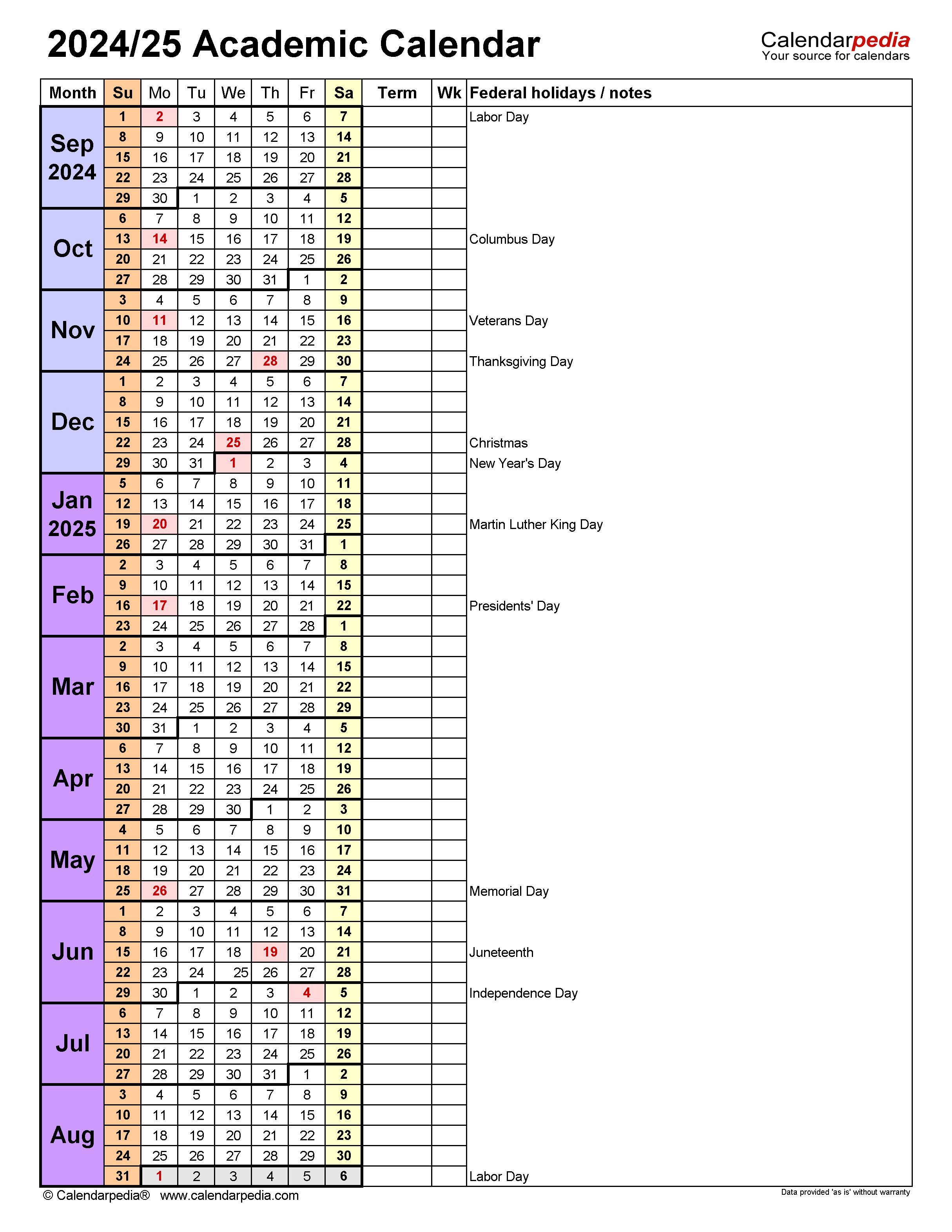
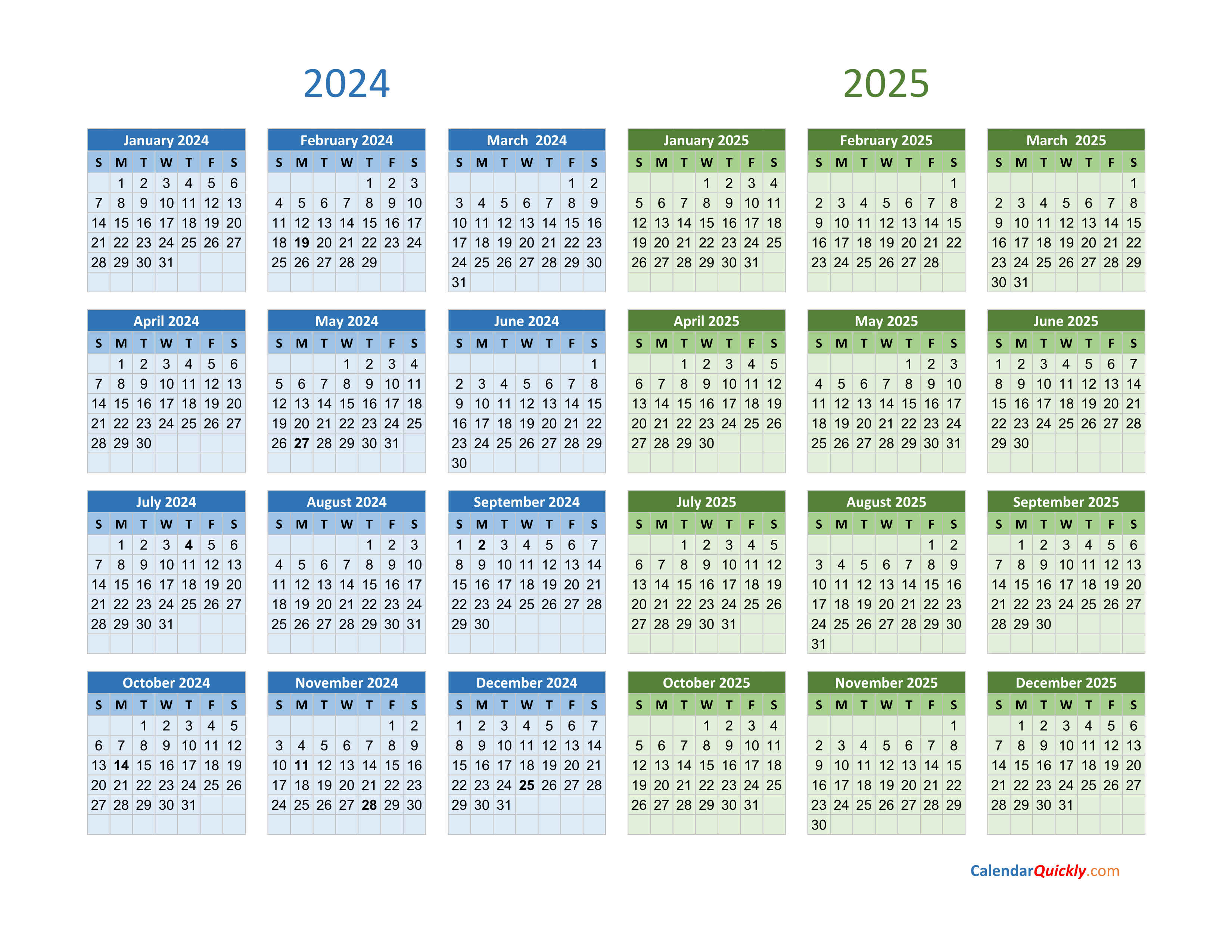
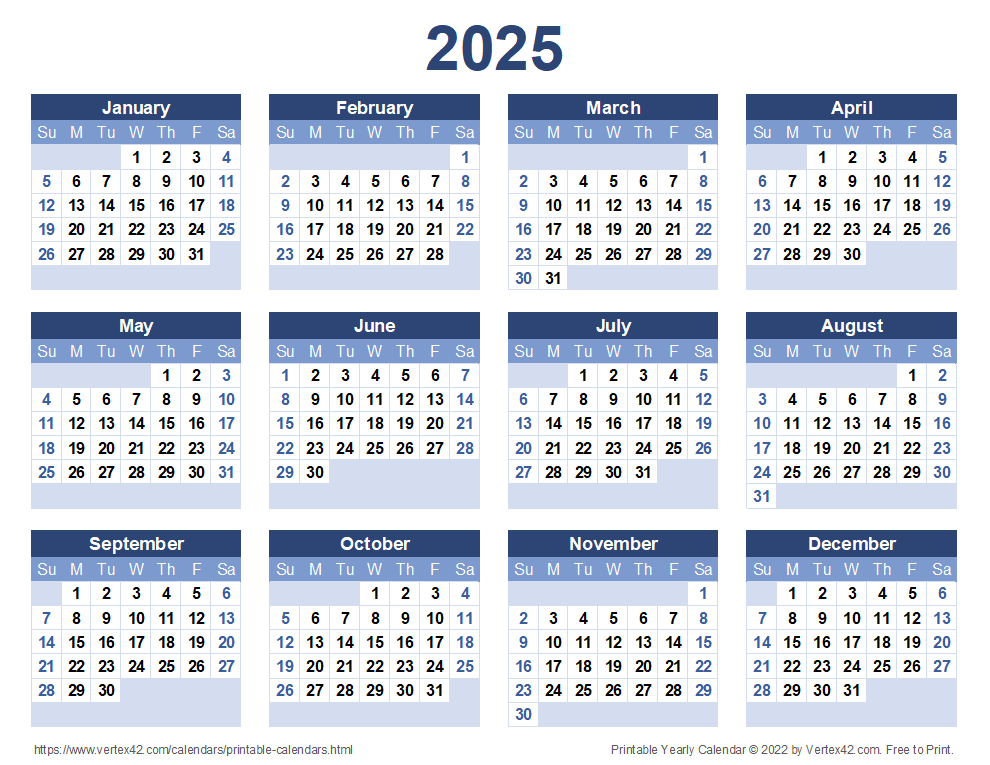


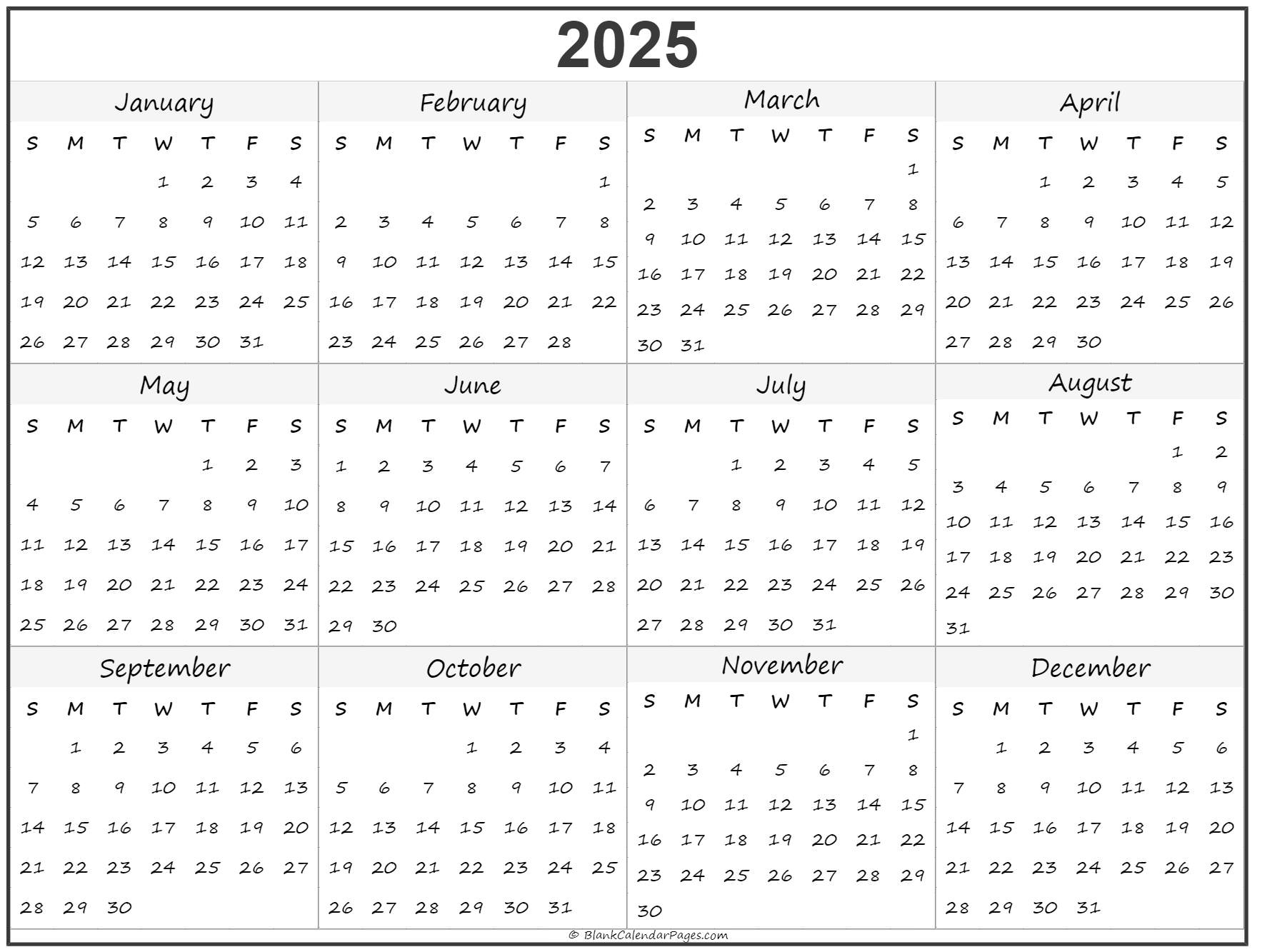
Closure
Thus, we hope this article has provided valuable insights into Epoch Calendar 2025: A Comprehensive Guide to the Future of Timekeeping. We appreciate your attention to our article. See you in our next article!